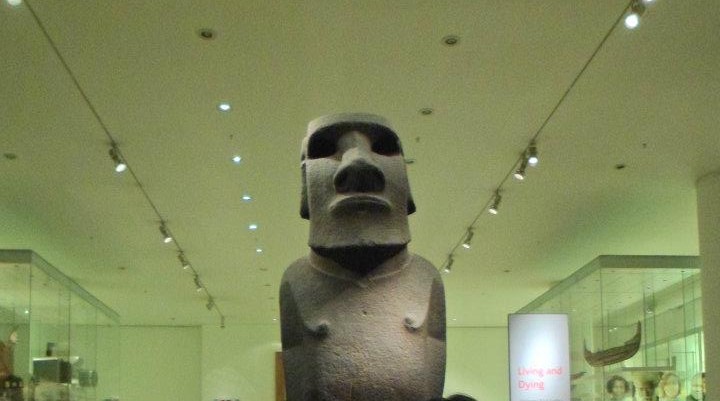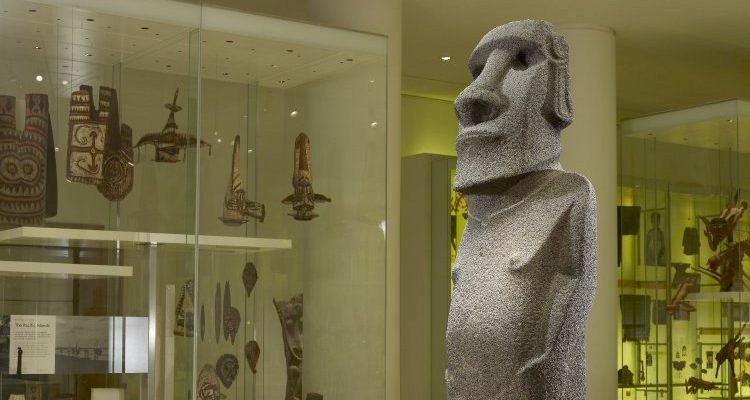In 1868, the Admiralty gifted Queen Victoria a moái, an ancient rock structure native to Easter Island, located 3.800 kilometers away from mainland Chile.
A year later, the then-reigning-monarch gave it to the British Museum, where it has stayed ever since as a massive tourist attraction to thousands of tourists who visit London.
The moái, known as Hoa Hakananai’a, or lost friend in English, was taken on board the HMS Topaze from Orongo, a ceremonial place where rituals in honour of Bird Man were performed.
Nevertheless, locals now aim to recover the long-lost stone statue, which is considered by many to be one of the most important pieces in Rapa Nui culture, given that on its back it showcases the history of the island, as well as images related to the creed of the Bird Man.
In July, five representatives from the local population sent an official letter to the minister of National Assets, Felipe Ward, in which they asked the Government to initiate a dialogue with the United Kingdom (UK) that would eventually result in the return of the monument.
To achieve it, it would be “an important symbol to close the sad chapter of the violation of our rights by European navigators who devastated the island in the XIX century”, they said.
Mr Ward affirmed that the conditions to ask for its return exist, as the Chilean State has set out a number of projects to administer, revamp and rebuild the treasures of the island.
Previously, the UK denied that option as it was not sure the country could properly look after the monument.
“The circumstances have changed and we hope that can be expressed as a (possibility to discuss) with the museum and the British government”, Mr Ward stated this Monday.
According to rapa nui barrister, Mata-U’iroa Atan, there are 12 moáis outside Easter Island, most in Europe. There is another in the UK, but its location is uncertain. Many believed it was in Liverpool, but then it was moved to Manchester though Atan could not find it when he visited the city.








 Enviando corrección, espere un momento...
Enviando corrección, espere un momento...





